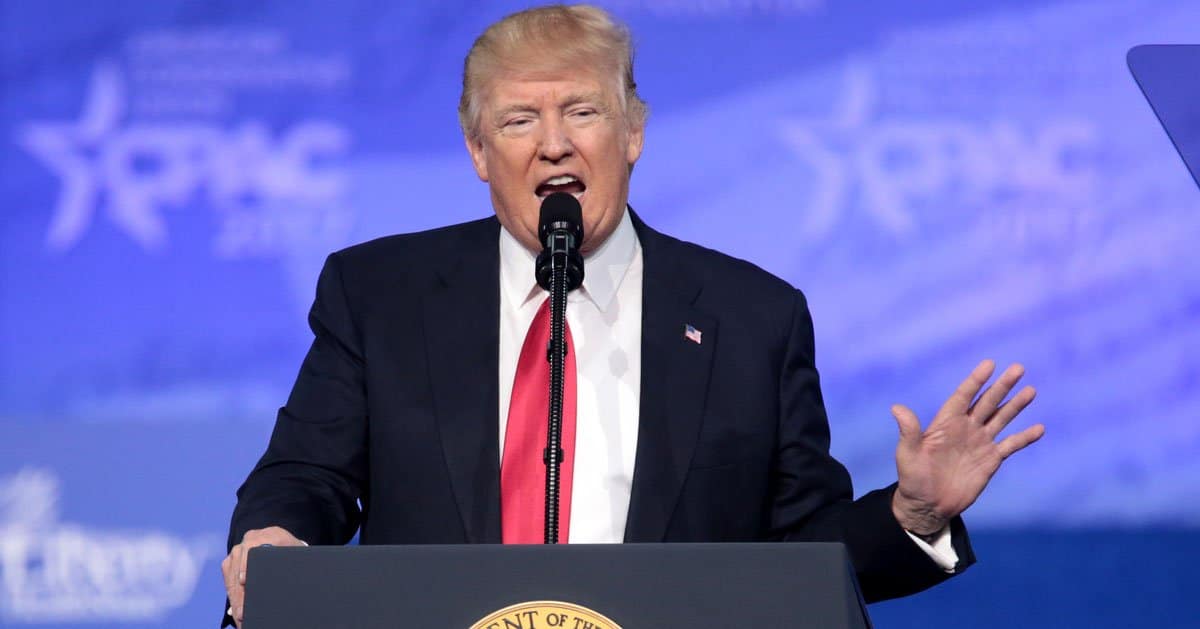








ABC News anchor George Stephanopoulos stirred controversy by using the term “rape” during a broadcast segment about Donald Trump, despite explicit warnings from his executive producer.
The New York Post reported that the word choice resulted in a defamation lawsuit from Trump and a hasty $16 million settlement by ABC’s parent, Disney.
The incident took place as Stephanopoulos was discussing Trump's legal troubles with journalist E. Jean Carroll. Carroll had previously filed a civil lawsuit against Trump, which had ruled in her favor.
During his conversation with Rep. Nancy Mace, Stephanopoulos claimed that Trump was “liable for rape,” a designation that his producer had advised against using prior to the broadcast.
Trump's subsequent defamation lawsuit led to a costly settlement for ABC News. The broadcaster, owned by Disney, resolved the matter by agreeing to a payout that included $15 million directed toward a presidential foundation and museum dedicated to Trump. An additional $1 million covered legal fees for Trump’s attorneys.
The quick resolution of the case was largely prompted by strategic calculations by Disney CEO Bob Iger.
Facing a legal setback after a Florida judge declined to postpone trial proceedings, Disney opted for settlement to avoid potential complications that could arise from a contested trial result.
Iger's decision aimed to mitigate risks associated with a judicial loss, particularly one that could have broader ramifications on press freedom and Disney's public image. Internal legal advice warned of diminished prospects for victory due to Stephanopoulos’ defiance of internal guidance.
Another key factor influencing Disney's decision to settle was the potential for an appeal to the Supreme Court if the case had resulted in an unfavorable ruling. There were fears that continuing the legal battle could challenge the landmark New York Times v. Sullivan case, which provides essential protections for the press.
Such an outcome was deemed too risky, prompting Disney to prioritize brand protection over court proceedings. An unfavorable verdict could have imperiled established defamation law standards that media companies rely on.
As part of the settlement terms, Stephanopoulos had to issue an apology, which reportedly caused him considerable dissatisfaction and public humiliation. The apology was a condition that many noted spread discontent within ABC, earning him the nickname “Furious George” among colleagues.
Despite the backlash and personal fallout, Stephanopoulos stood by his decision, asserting on various platforms, including late-night television, that he was unwavering in his commitment to his journalistic duties.
His perspective sparked conversations within the network and the media at large about the balance between individual expression and corporate compliance.
Within ABC News, there was apparent discord regarding how the situation was managed. The incident raised questions about oversight and decision-making processes. Some sources suggested there was a disconnect between the network’s leadership and its personnel over handling such sensitive matters.
In the wake of the settlement, there was speculation among staff about who bore ultimate responsibility for the incident and its financial implications.
However, official communication from ABC executives was limited, leaving several questions unaddressed among network employees.
The case underscored significant tensions within the media industry concerning legal accountability and editorial discretion. It highlighted the precarious position networks find themselves in when journalistic actions intersect with high-profile legal challenges.
As the dust settles from this high-stakes legal resolution, conversations continue about how established media giants can protect themselves while maintaining independence. The Stephanopoulos case is likely to serve as a cautionary tale, influencing how networks address similar incidents in the future.



